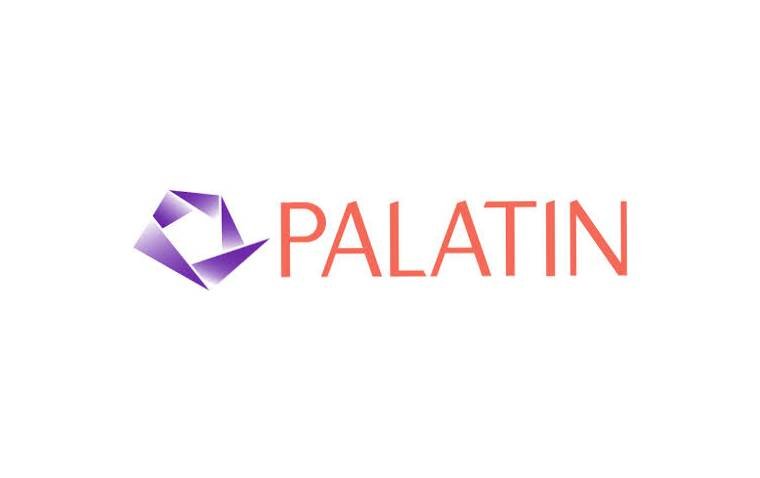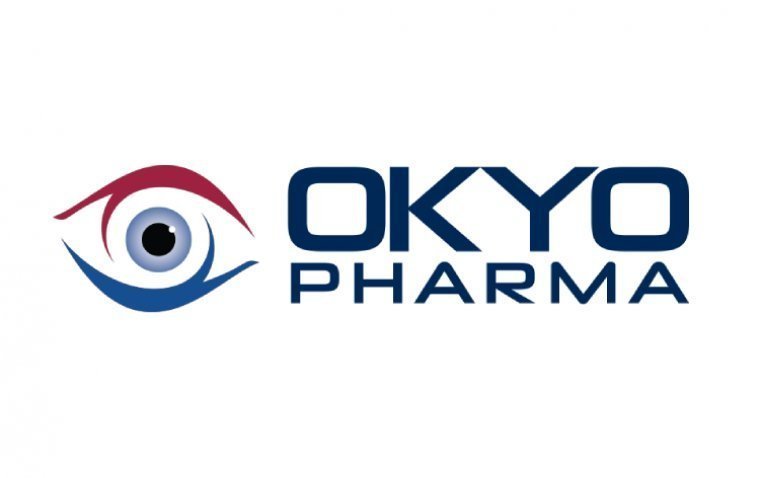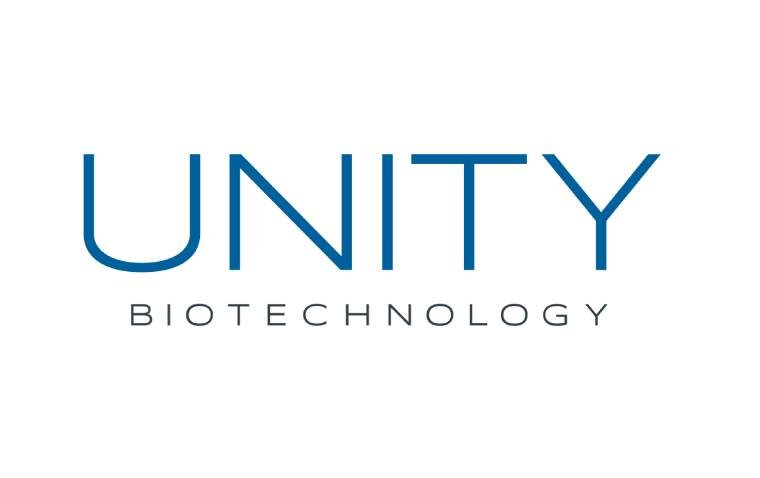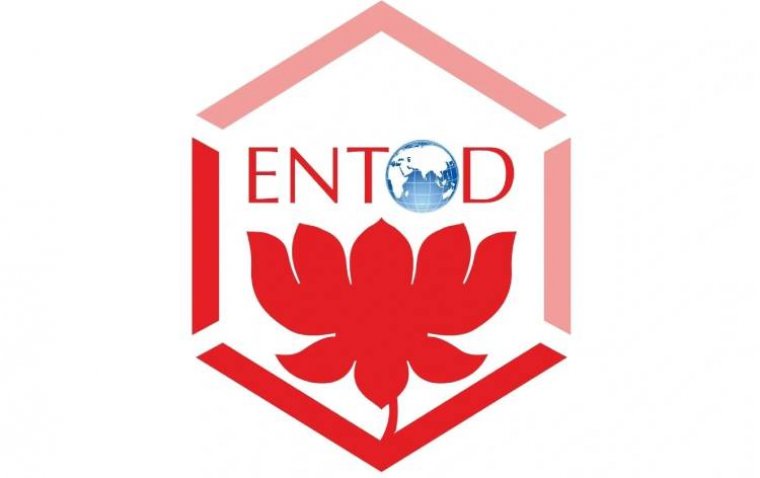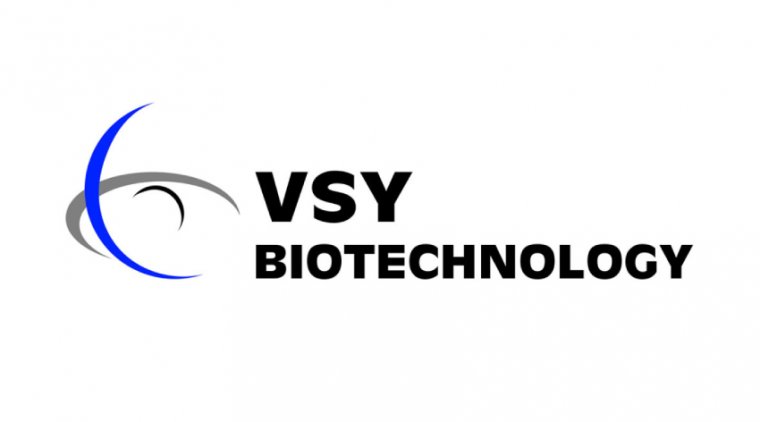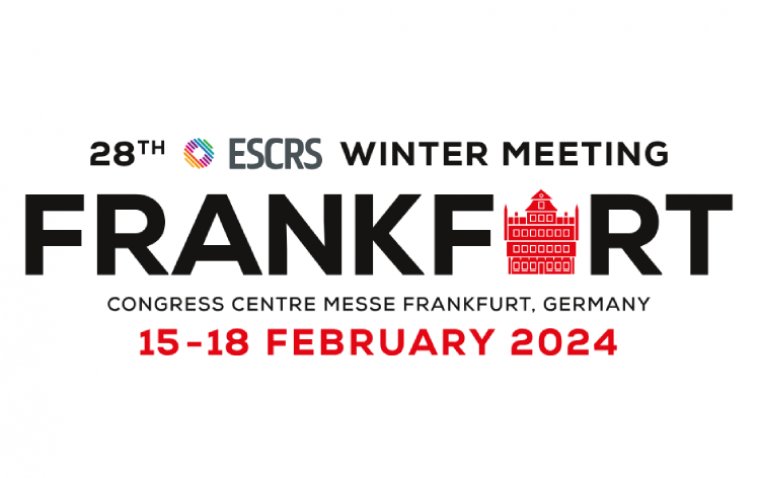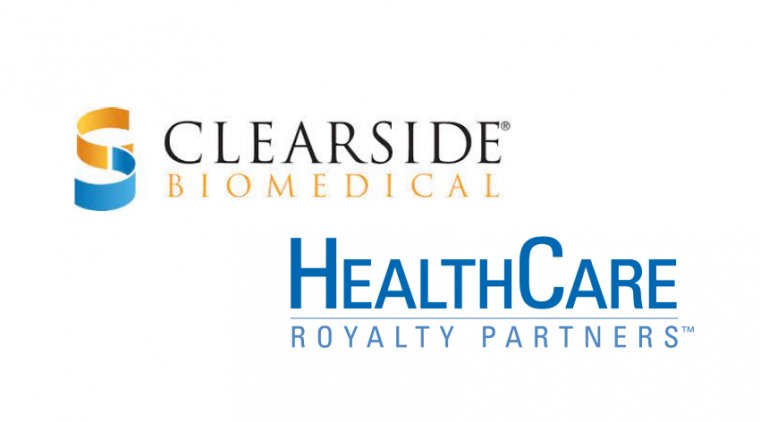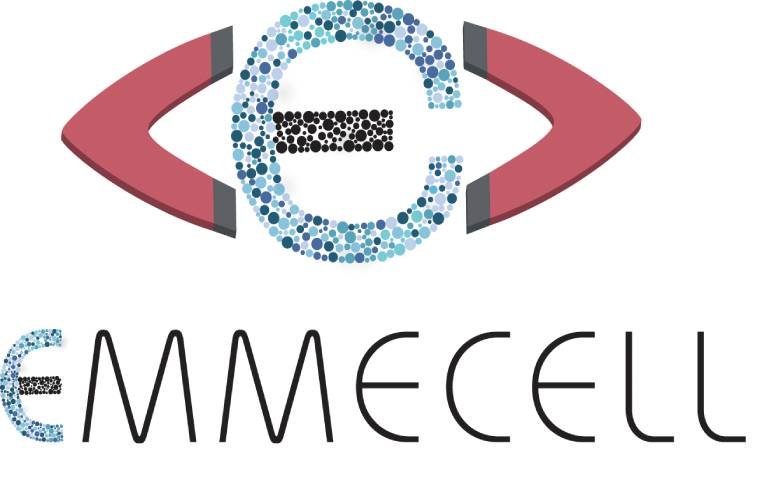
Emmecell Advances Non-Surgical Cell Therapy for Corneal Edema
Emmecell has announced positive results from its U.S. multicenter Phase 1 trial evaluating EO2002, an innovative non-surgical cell therapy for corneal edema. The randomized, double-masked trial demonstrated significant improvements in best corrected visual acuity (BCVA) and reductions in central corneal thickness (CCT), with no reported safety concerns.
Promising Phase 1 Trial Results
The trial enrolled 30 participants, divided into three cohorts, each receiving different dose levels of EO2002: 150,000, 500,000, and 1 million cells. Across all dose levels, participants experienced improvements in BCVA and reductions in CCT, highlighting the broad efficacy of the treatment.
Key Findings
• 150,000-cell cohort:
- Achieved an 11-letter mean improvement in BCVA at 6 months.
- 38% of participants gained at least 15 letters of vision.
“These findings strongly support advancing EO2002 into Phase 3 trials,” said Jeffrey L. Goldberg, MD, PhD, co-founder of Emmecell and professor of ophthalmology at Stanford University. “We are closer than ever to providing a transformative, non-surgical treatment for patients with corneal edema.”
A Groundbreaking Alternative to Surgery
Currently, corneal edema is primarily treated through invasive surgeries, such as corneal transplants, which come with significant risks and limited accessibility due to global shortages of donor tissue.
Emmecell’s EO2002 uses patented magnetic cell delivery technology to directly deliver endothelial cells to the posterior cornea, offering a safer and more accessible option. This innovative approach has the potential to treat hundreds of eyes from a single donor cornea.
“The ability to treat corneal edema without surgery is a game-changer,” said Ellen Koo, MD, professor of ophthalmology at the Bascom Palmer Eye Institute and study investigator. “With EO2002, we could significantly expand access to treatment and improve outcomes for a larger population.”
Looking Ahead
The strong safety and efficacy results from the Phase 1 trial set the stage for advancing EO2002 into Phase 3 trials. Emmecell’s groundbreaking technology could redefine how corneal edema is treated, offering a non-surgical solution to a condition that affects patients worldwide.
(1).jpg)
